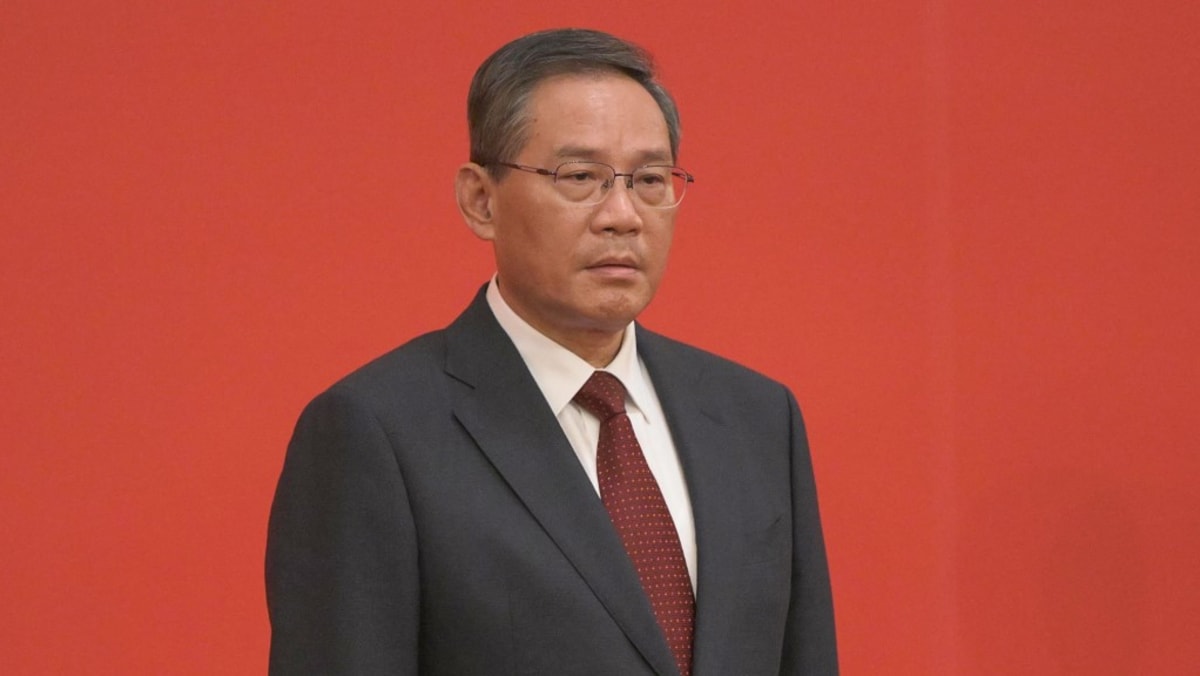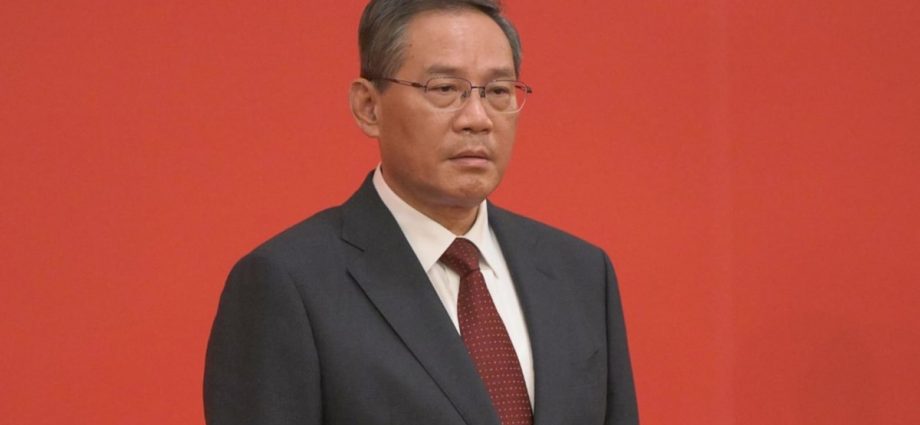
Li was behind a series of hallmark events, including a broad upgrade in Wenzhou’s growth model, the rise of Zhejiang’s internet-based economy, the rapid building of Tesla’s super factory in Shanghai, and the establishment of the city’s science-tech board to fund the “new economy”.
He had a decades-long commitment to a better business environment, to embracing the new economy and to unleashing entrepreneurship.
Entrepreneurs who knew him in his early years were impressed with his “listening ears” and “down-to-earth and pragmatic” mindset, expecting more practical measures to be delivered over the next five years, such as further reduction in government approvals, easier market access, and greater financing support for small and private businesses.
Li’s transformation of Wenzhou, the country’s 27th-largest city economy, two decades ago provided some clues about his plans to break existing economic bottlenecks.
He put particular emphasis on improving the business environment, courting direct investment and making technological upgrades.
He gathered more than 6,000 local cadres at the Wenzhou Gymnasium in August 2003 to inaugurate his “efficiency revolution”, which tasked bureaucrats with cutting red tape and streamlining government approvals.
The first World Wenzhouese Conference, with a congratulatory message from Xi, then Zhejiang party boss, was held two months later to lure back overseas Chinese for investment.
The city pledged to offer brands local advantages while encouraging local firms to carry out technological innovation, striving for independent intellectual property rights, core technologies and a leap from “Made in Wenzhou” to “Created by Wenzhou”.
Two company bosses in Wenzhou, who asked not to be identified, said the incoming premier displayed the resolve and courage to bolster the development of privately owned businesses from 2002 to 2004 when he was the top boss of the city.
“He knew how to inspire business owners to increase their investments in production and sales,” said one entrepreneur in Wenzhou.
“It was, by all means, a bold move by a local party boss to give priority to non-state-owned companies in chasing economic growth.”
Wenzhou, known as the capital of private enterprise on the mainland, spawned thousands of super-rich individuals since the 1990s, as local businesspeople with high-risk appetites tapped into the breakneck economic growth to strike it rich by heavily investing in properties, coal mines and manufacturing.
Its controversial underground banking sector effectively propelled the local economy in the early 2000s until it was undermined by a series of frauds and defaults amid a lack of regulatory oversight.
When governing Zhejiang, the country’s fourth-largest provincial economy, he pledged to make it a province with the country’s fewest government approvals, highest efficiency rate and best investment environment immediately upon being elected as governor in early 2013.
Li’s vision of government, as disclosed in a 2013 interview with Caixin, is one with limited power, that is well-functioning and efficient, and which strives to shift from the role of housekeeper to servant.
“We need to reduce the government’s intervention in microeconomic activities, put the government’s hands back in place, put away the restless hands, retract the overstretched hands, and do what needs to be done,” he said at that time.
Li’s pro-business image is also regarded as vital to reviving the severely diminished private confidence.
Private investment rose only 0.9 per cent last year, far below the 5.1 per cent growth seen in fixed-asset investments, suggesting that investors took heavy hits during the pandemic and remain concerned about the outlook.
During his tenure as a provincial leader, Li was a frequent speaker on occasions with entrepreneurs. He openly talked about his admiration of China’s top internet entrepreneurs, including Tencent founder Pony Ma and Baidu founder Robin Li.
In the prologue for the book of Wang Jian, then chief technology officer of Alibaba, he also expressed appreciation for the chats with leading entrepreneurs and visionary technologists. Alibaba is the owner of the South China Morning Post.
Addressing the Zhejiang Chamber of Commerce in Shanghai in December 2014, Li said: “If entrepreneurs do their jobs well, life would become much easier for government departments. Therefore, I am here today to ask you all to do your job better. Of course, one of our responsibilities is to create a better environment for your work.”

